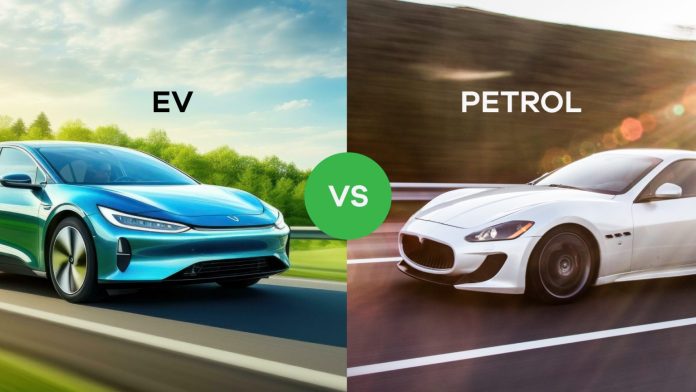Buying an electric car in Germany is becoming cheaper – and in many cases costs little more than a combustion-engine vehicle, according to a new market study.
A discount analysis by industry expert Ferdinand Dudenhöffer, seen by dpa, found that the average price gap between the 20 best-selling petrol and diesel cars and the 20 best-selling fully electric models has narrowed to just €1,600 ($1,845).
In September 2024, the difference was more than €7,500.
That earlier figure was based on a slightly different mix of models, but the direction of recent price developments is clear.
Unlike official list prices, Dudenhöffer’s comparison uses transaction prices – what buyers actually pay after discounts and incentives. Those markdowns are a key driver behind the price shift, he said.
In his sample, average discounts rose from 12.9% in September 2024 to 19% in October this year. Manufacturers including Seat, BMW, Opel, Kia and the Chinese brand BYD granted particularly steep discounts.
Dudenhöffer said some manufacturers are also again relying on pre-registrations and demonstration cars. These vehicles enter the used-car market quickly, often with very low mileage and at lower prices, which in turn puts pressure on new-car pricing.
The narrowing price gap is also due to shifts in the model line-ups. Tesla has introduced a cheaper entry-level version of the Model Y, while the new Mini Electric has launched with a significantly lower list price.
Dudenhöffer expects room for further price reductions as production scales up and fixed costs fall. While short-term price fluctuations for electric cars are still possible, he said the trend towards price parity will continue and will gradually show up in registration statistics as the share of electric vehicles rises.



